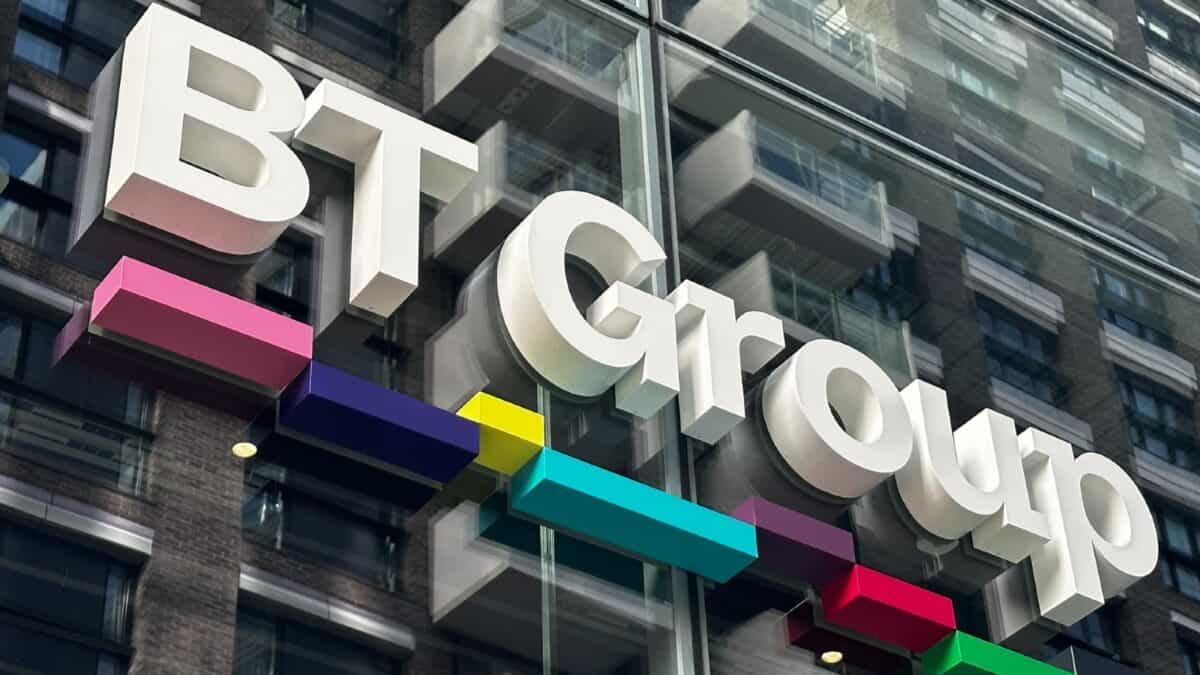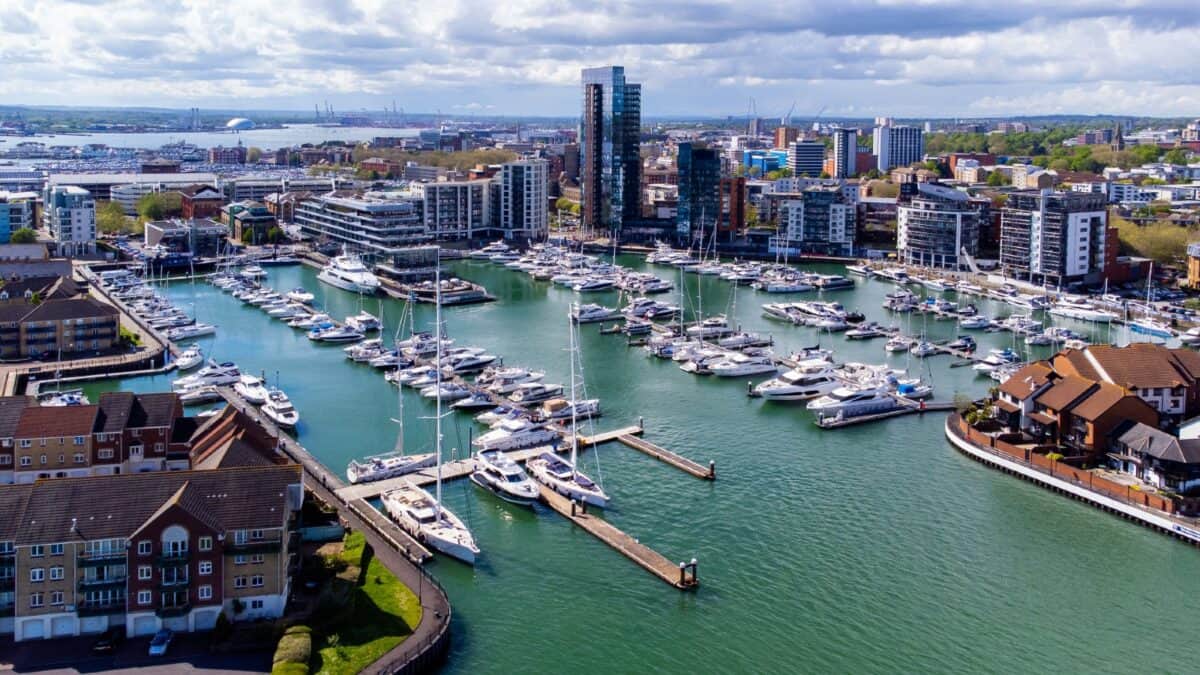Image source: BT Group plc
The BT (LSE:BT.A) share price is up 40% since I suggested I was going to buy the stock in early May. I just didn’t get around to it, and I missed what turned out to be a golden opportunity.
These things happen to investors, and I’m happy to take the rough with the smooth. However, with the stock at a one-year high, it’s time to re-evaluate BT as an investment opportunity.
Mexican backing
According to a stock market filing on 12 June, Mexican magnate Carlos Slim — once the richest man in the world — has taken a 3.16% stake in the FTSE 100 stock.
Slim, whose family controls telecommunications giant América Móvil, bought around £408m of BT stock, noting the share price at the time of the filing.
Shares in the company had already risen 10% in May after CEO Allison Kirkby set out her long-term vision for the company.
The stock rose around 10% again in the days following Slim’s purchase. Several analysts suggested it was a vote of confidence in the UK.
Is BT still undervalued?
According to the 18 analysts covering the stock, BT’s vastly undervalued. There are currently 14 Buy or Outperform ratings, two Hold ratings, and two Sell or Underperform ratings. This would suggest that the consensus is a Strong Buy’
The average share price target compounds this. According to the 18 analysts, the average share price is £1.92 per share. That’s a whopping 37.4% above the current price.
Things are looking up
In recent years, the big issue facing BT’s share price has been simply a lack of clarity on future performance. The company has been investing billions in fibre-to-the-premise (FTTP) and this is hugely expensive. In fact, it costs around £85m to roll out FTTP to 100,000 households.
The rollout has also demanded BT bring on more and more staff.
It’s a major investment that has been pressure on earnings. And many analysts wondered if BT could ever afford to repay these mammoth costs.
Don’t get me wrong, this still remains an issue. BT has a huge amount of debt and is in a relatively precarious position that could leave it vulnerable to disruptive technologies.
However, Kirkby’s vision for the company has helped develop a sense of optimism. The new CEO plans to cut costs by £3bn every year until the end of the decade, reducing pressure on the company’s debt burden and improving margins.
We also understand that BT has reached peak capital expenditure for its FTTP rollout and, moving forward, staff numbers should fall and costs with it.
Moreover, FTTP is much simpler to operate. Traditional copper wiring degrades and breaks over time, and the fibre shift will mean a much smaller and cheaper maintenance workforce.
I don’t think I’ve missed my opportunity to buy BT shares. However, there are several stocks on my radar with potentially stronger value propositions.
Credit: Source link














